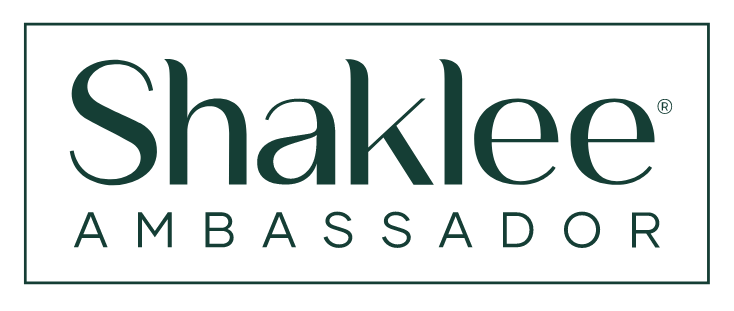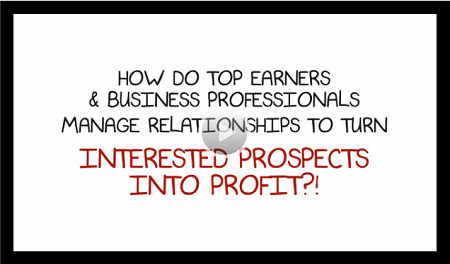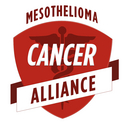 Yesterday was a busy day. I attended a morning conference call and logged into my weekly team meeting webinar in the evening. In between and long into the night, I worked on taxes, feeling pressured by the approaching deadline. There were also assorted calls and emails from family, friends, customers and distributors. I checked the links on my blog and realized one was broken. I’m still working with field support, hoping they can fix the problem.
Yesterday was a busy day. I attended a morning conference call and logged into my weekly team meeting webinar in the evening. In between and long into the night, I worked on taxes, feeling pressured by the approaching deadline. There were also assorted calls and emails from family, friends, customers and distributors. I checked the links on my blog and realized one was broken. I’m still working with field support, hoping they can fix the problem.
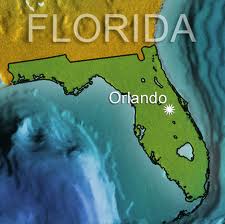 In the middle of all of this, the phone rang and I answered without looking at caller ID. A pleasant young lady told me she was with the largest travel agency in the country, Specialty Travel. They sold a $2,000 vacation package almost 2 years ago that was never used. It’s a one week trip to Orlando, Florida including the hotel, tickets to Disney World and other attractions, and discounts for food, shopping and entertainment.
In the middle of all of this, the phone rang and I answered without looking at caller ID. A pleasant young lady told me she was with the largest travel agency in the country, Specialty Travel. They sold a $2,000 vacation package almost 2 years ago that was never used. It’s a one week trip to Orlando, Florida including the hotel, tickets to Disney World and other attractions, and discounts for food, shopping and entertainment.
It was the grand prize in some contest or drawing that I won. She said the notice was mailed and I probably threw it away, thinking it was junk mail. But, the vacation is real and she’s authorized to reactivate the vacation package. All I need to do is pay $149 for each person.
Now, I don’t believe this for a minute. So, when she asked me to hold on and she’ll verify the vacation package, I was ready to hang up. But, the next person on the phone was a man. He was pleasant, but I busted him. When he asked how I was doing, I told him, “Good enough to make it from the girl who finds leads to the closer.” He told me I was exactly right. I said, “Good bye” and hung up.
Here’s the scam …
I see a couple of possibilities. Maybe they would have awarded me the vacation package for $149 per person, but there would have been add ons that probably cost more than the trip is worth. And the accommodations would probably be inferior or maybe even non-existent.
Or maybe there’s no trip at all. Maybe they just want my credit card information. Then, they can charge the card to the limit and maybe beyond. Or they may sell my credit card info. Then, I’d be dealing with credit card fraud and identity theft.
When I got off the phone, I did a little research online. The number on my caller ID was 903-122-9053. A Google search found a number of websites where people have posted information about that number. No one had anything good to say. The number may not even be a legitimate number. Some telemarketer scammers know how to make a fake number appear on your caller ID.
So, what can you do to protect yourself?
• Register your phone numbers with the Federal Trade Commission’s Do Not Call Registry.
This makes it illegal for most telemarketers to call you. Not all telemarketers run their phone lists thru the FTC’s database, but the legitimate ones do. It will cut down considerably on the number of calls you get. And if a telemarketer calls, it’s more likely that it’s a phone scam.
• Never give personal information.
That includes name, address, social security number, bank and credit card information. And don’t tell anyone if you’re home alone.
• Listen to that little voice inside you. Don’t believe the pitch even if you think it’s legitimate. And don’t be fooled with an emotional story about a charity. If it sounds too good to be true, it probably is.
• Look at caller ID before answering the phone.
Don’t answer if you don’t recognize the name and number. I’ve noticed that many telemarketing calls I get don’t identify a person or company. The caller ID shows a location, very often a city and state. Today’s call was from “Texas Call.”
Resources:
Federal Bureau of Investigation (FBI): Common Fraud Schemes
Do telemarketers call you? Have you ever been scammed?
Leave a comment and tell your story.


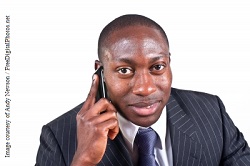

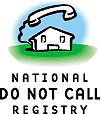
 Yesterday was a busy day. I attended a morning conference call and logged into my weekly team meeting webinar in the evening. In between and long into the night, I worked on taxes, feeling pressured by the approaching deadline. There were also assorted calls and emails from family, friends, customers and distributors. I checked the links on my blog and realized one was broken. I’m still working with field support, hoping they can fix the problem.
Yesterday was a busy day. I attended a morning conference call and logged into my weekly team meeting webinar in the evening. In between and long into the night, I worked on taxes, feeling pressured by the approaching deadline. There were also assorted calls and emails from family, friends, customers and distributors. I checked the links on my blog and realized one was broken. I’m still working with field support, hoping they can fix the problem. In the middle of all of this, the phone rang and I answered without looking at caller ID. A pleasant young lady told me she was with the largest travel agency in the country, Specialty Travel. They sold a $2,000 vacation package almost 2 years ago that was never used. It’s a one week trip to Orlando, Florida including the hotel, tickets to Disney World and other attractions, and discounts for food, shopping and entertainment.
In the middle of all of this, the phone rang and I answered without looking at caller ID. A pleasant young lady told me she was with the largest travel agency in the country, Specialty Travel. They sold a $2,000 vacation package almost 2 years ago that was never used. It’s a one week trip to Orlando, Florida including the hotel, tickets to Disney World and other attractions, and discounts for food, shopping and entertainment.